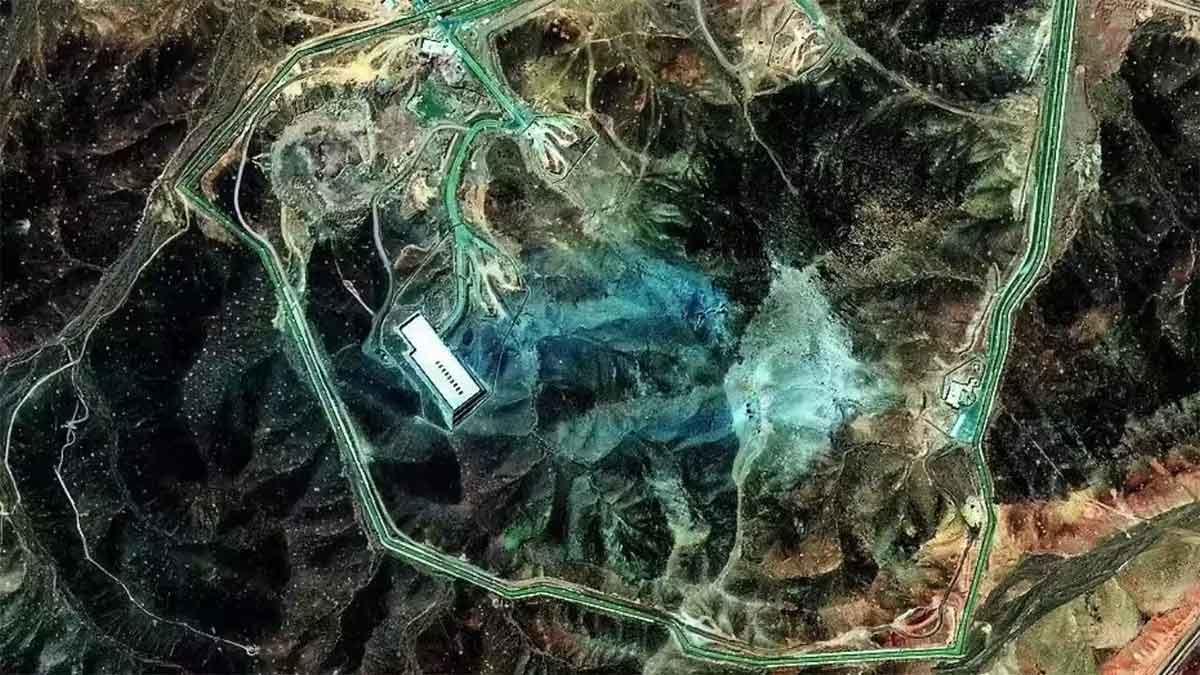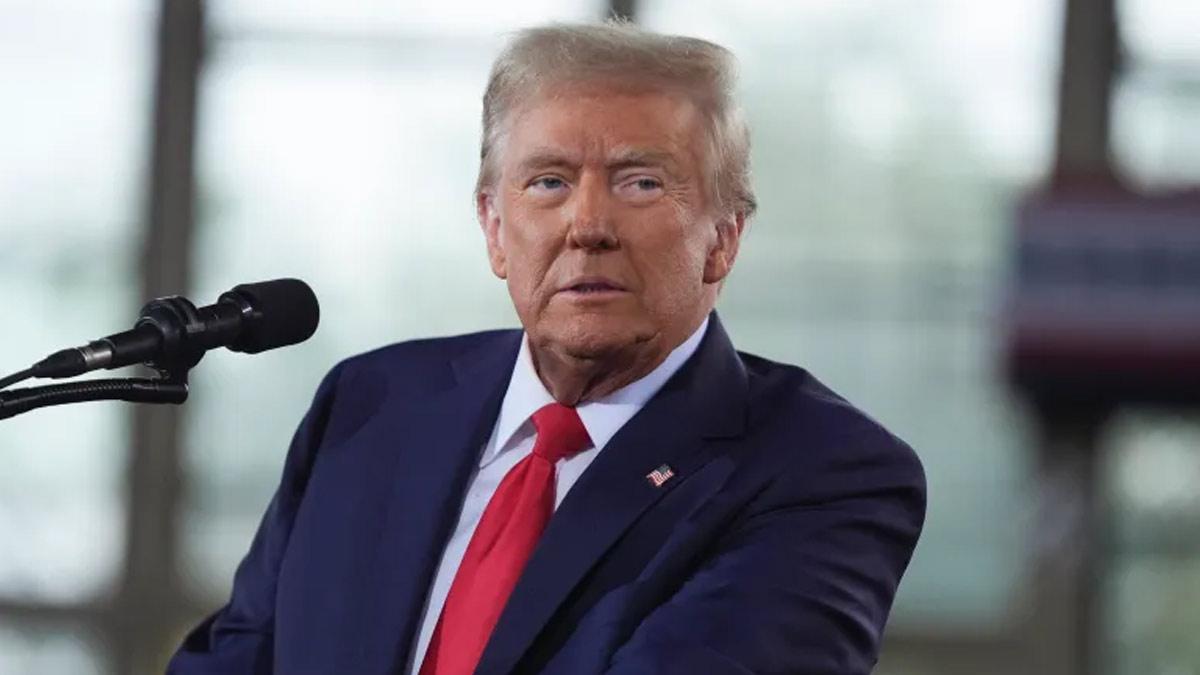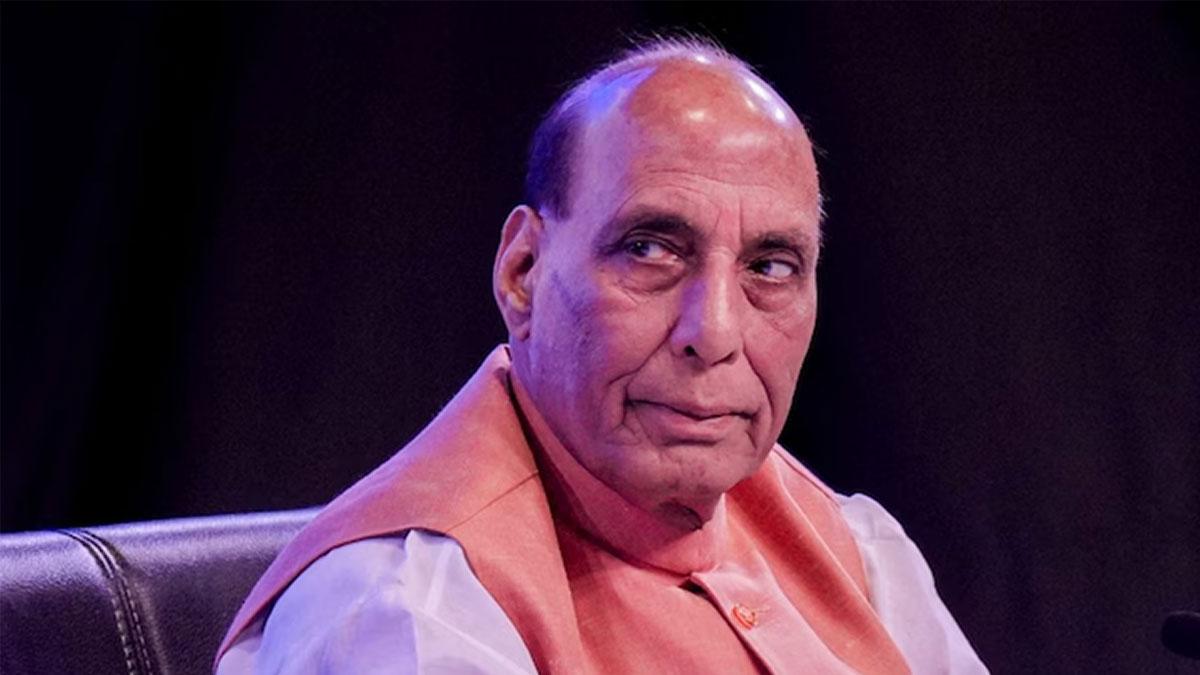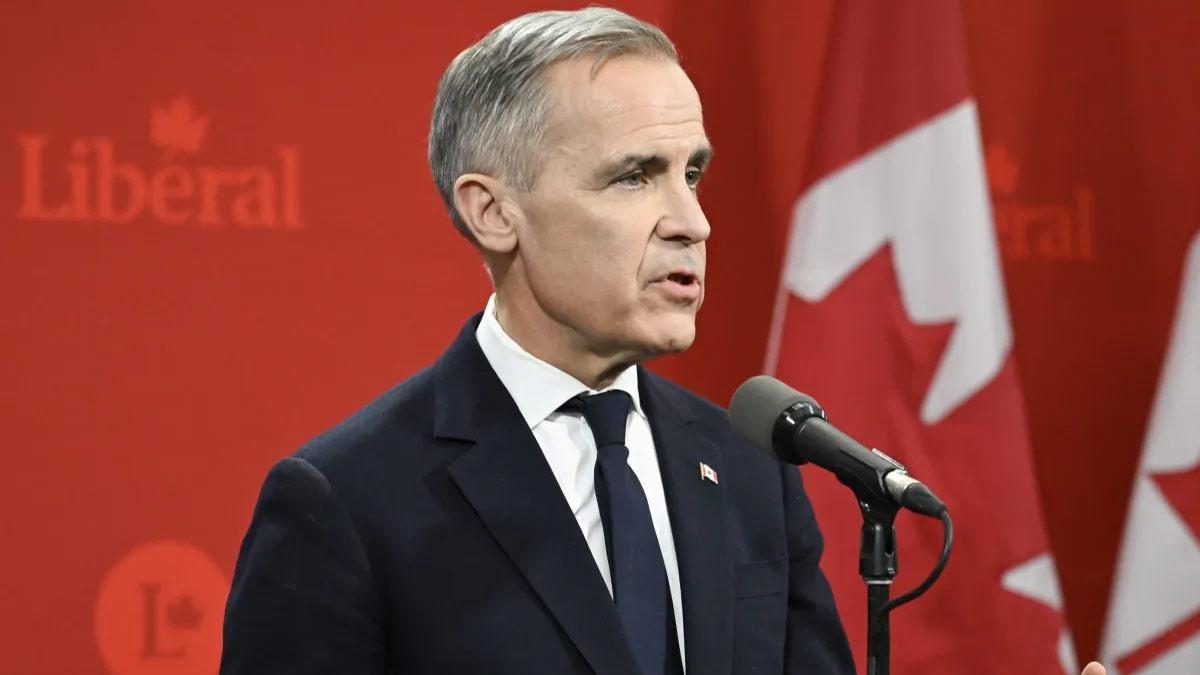The U.S. bombings of Iran's nuclear facilities have neither crippled the nation's nuclear program and, at most, temporarily disrupted it, an initial assessment by American intelligence revealed.
This came as a tense ceasefire between Iran and Israel, facilitated by President Donald Trump, seemed to be holding.
Both Jerusalem and Tehran reported on Tuesday that their fierce air war, which had raged for 12 days, had ceased after Trump's predawn announcement of a ceasefire at 0500 GMT and his public rebuke of both sides for violating the agreement.
The United States directly became involved at the weekend by bombing Iran's uranium enrichment facilities, leading the two nations to remove emergency civilian curbs as each tried to emerge as the winner.
President Trump had asserted that the application of 30,000-pound bombs had "destroyed" Iran's nuclear program. But a preliminary assessment by the Defense Intelligence Agency (DIA) indicated otherwise. The attacks failed to eliminate Iran's stockpile of enriched uranium, and damage to its burrowed facilities was reportedly slight—potentially delaying the program only a few months, reported three people who have seen the findings.
Iran insists that its nuclear activities are strictly for civilian energy purposes.
The White House dismissed the conclusions of the intelligence report. One of its spokesmen called it "flat out wrong," asserting that the entrances to the facilities were closed, although underground areas were generally intact. Some of the centrifuges survived the attack, The Washington Post said, based on an unnamed source.
In a UN Security Council presentation on Tuesday, the Trump administration toned down its previous words, saying the attacks had "degraded" rather than eliminated Iran's nuclear capacity.
Conflicting Victory Claims
Israeli Prime Minister Benjamin Netanyahu stated that the operation had countered a serious threat. "We eliminated two direct threats to our existence: the threat of nuclear destruction and the threat of destruction by 20,000 missiles," Netanyahu stated on Tuesday.
Iranian President Masoud Pezeshkian, on the other hand, hailed the termination of hostilities as a "great victory." He reportedly declared himself willing to ease tensions with Washington during a phone call with Saudi Crown Prince Mohammed bin Salman, Iranian state media said.
It escalated sharply on June 13 when Israel opened a surprise attack on Iran's nuclear facilities, killing top military commanders in the most destructive attack against Iran since the Iran-Iraq war of the 1980s. Tehran retaliated with missile barrages on Israeli military bases and cities.
By Tuesday night, both countries had removed airspace bans. Israel's Ben Gurion Airport reopened, and Iran's skies were once again declared safe by semi-official news agency Nournews.
Shaky Ceasefire on Wings of Suspicion
Trump himself negotiated the ceasefire with Netanyahu, a White House official confirmed, while U.S. officials had kept quiet contact with Iranian counterparts. The two sides, however, hesitated to formally declare the truce and then accused each other of violating it.
In a remarkably crude remark, Trump criticized Israel for persisting in combat following the agreement to cease hostilities. "I have to get Israel to relax now," he said to reporters ahead of going to a NATO summit. "They've been at war for so long and struggled so hard that they don't know what the fuck they're doing."
Trump's fury was said to have been triggered by Israeli bombings of a radar site close to Tehran, executed in retaliation against Iranian missiles which Israel said had been fired three and a half hours into the ceasefire. Tehran, however, had denied any missile fire and claimed that Israel kept bombing Iranian soil for 90 minutes past the time the truce was to enter into effect.
In spite of reciprocal blame, the truce has put a stop—at least for now—to what many had feared would escalate into a broader conflict in the region.
Defense Minister Israel Katz asserted that Israel would respect the deal unless Iran breached it. Likewise, Pezeshkian confirmed Iran's commitment to the truce subject to Israeli compliance.
Nevertheless, there remains skepticism. Israeli Defense Forces chief Eyal Zamir described the latest incident as "only a major chapter" of an ongoing struggle. He said the IDF would now return to its conventional military activities against Hamas in Gaza while keeping watch for future threats from Tehran.
Iran's military also cautioned the U.S. and Israel to learn lessons from what they referred to as the "crushing blows" they had suffered in the recent war.
Total casualties from Israeli attacks were 610 dead and about 4,750 injured, according to Iranian officials. Iran's retaliatory missiles claimed 28 lives in Israel—the largest successful Iranian missile campaign in history.
Markets React to Ceasefire
Financial markets welcomed the ceasefire. Oil prices fell sharply, and international stock markets rose on relief that crucial Gulf oil supplies would not be cut off.
While both countries consider their next steps, everyday people are left to tally the price. "Who brokered or how it happened isn't important," said Reza Sharifi, a 38-year-old Iranian man driving home from Rasht with his family. "The war is over. It never should have begun to begin with."
Read also| Rajnath Singh to Advocate Anti-Terror Strategy at SCO Summit in China
Read also| PM Carney Reaffirms Canada’s Stance Against Terrorism on Kanishka Bombing Anniversary


















